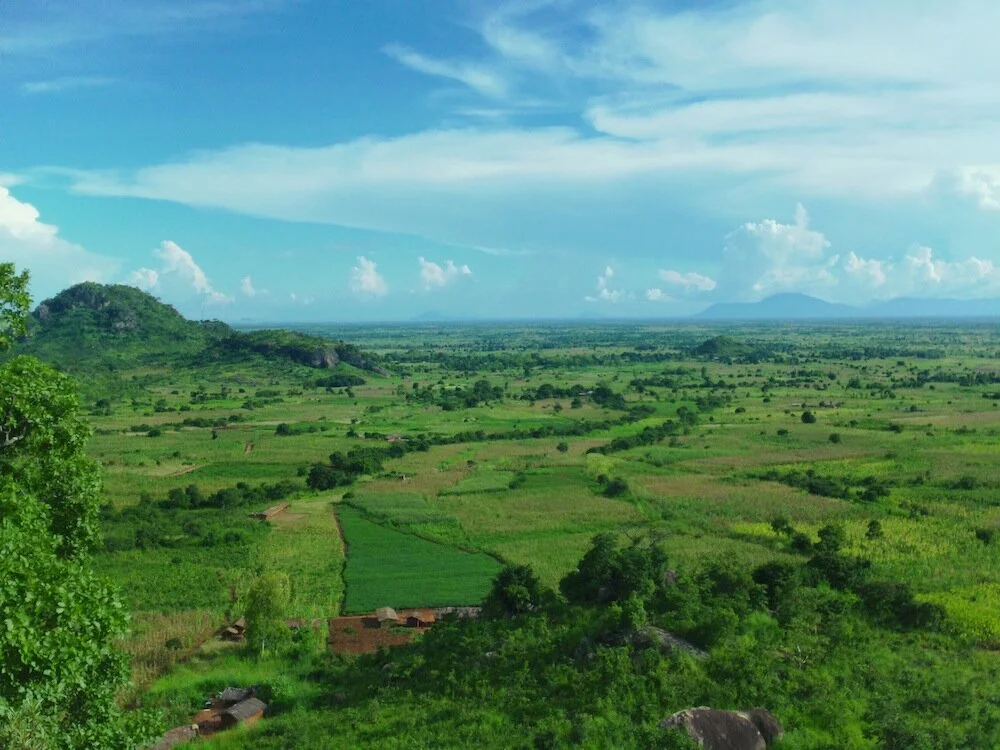turning the tide
It’s been this way since I was in high school, and maybe even before that: Teenagers are expected to do it all. A diverse assortment of extracurriculars, every AP class your high school offers, good grades, high standardized test scores, community service, and an after-school job. You’re cultivating your résumé before you even have a résumé.
But this push toward creating “well-rounded students” might have an unintended consequence: fostering a shitty values system.
In response to a 2016 survey that found American high school students prioritized their own happiness and achievement over caring for others, a group of admissions officers from several elite universities took a step back. Maybe, they thought, this ideal of a “well-rounded” student was actually just a narrowly defined definition of excellence. Maybe what the world of higher education needs is fewer juggling acts and more genuinely good people. To that end, they led a campaign called Turning the Tide that emphasized quality over qualifications.
Wanna know where people still care about each other?
Malawi.
Friday doesn’t have a long list of extracurricular activities because there aren’t extracurricular activities in rural Malawian schools. But he helped his family with the garden. He tutored his younger sisters when they were having trouble in school. He stood up for his mom when his father tried to leave her for another woman. He lent a hand when he saw strangers carrying heavy loads, offered conversation to other people waiting at the bus stop, shared his food when his friends didn’t have enough, respectfully greeted his elders, and reached out to his old English teacher over Facebook messenger, just to see how she was doing and let her know she was missed.
He did this because in Malawi, people look out for each other. Kuyenda awiri si mantha, they say. Traveling together, we cannot be afraid. Malawian culture is formulated around the idea that humans are part of a community first and individuals second. Maybe that’s why, despite being one of the poorest countries in the world, it’s also one of the most peaceful. In this age of frequent mass shootings, couldn’t America stand to learn from a culture like this? And at an institution where America’s future leaders are educated, couldn’t Friday’s perspective be a valuable resource in the search for peace?
